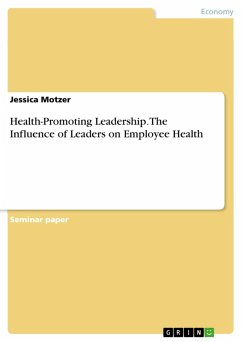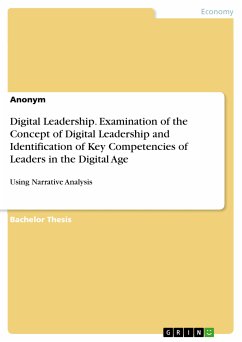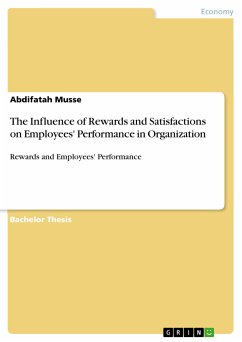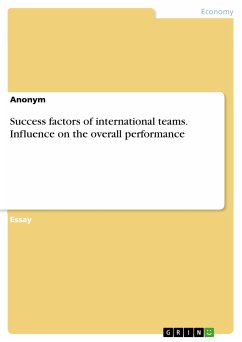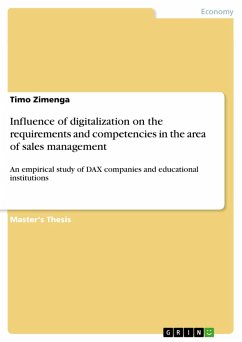Seminar paper from the year 2017 in the subject Leadership and Human Resource Management - Leadership, grade: 1,3, European University of Applied Sciences Hamburg, language: English, abstract: This work deals with the question to what extent the concept of health-promoting leadership is suitable for reducing absenteeism among employees. Despite the relatively young field of research and the partly one-sidedly examined factors, the present results read promising. To answer the key question, an overview of the current state of research is given. The relevant terms "health" and "leadership" are then narrowed down. After a brief retrospective on the history of the emergence of health-promoting leadership using socio-technical system approaches, two instruments are also presented - the "Health-oriented Leadership" concept from Franke & Felfe and the four-level model from Spieß & Stadler. Although the focus of the explanations is on the potential of the health-promoting management approach, a critical appraisal should also show its limits. After all, the effects of management components on the health of employees have not been researched for very long. The subsequent situation analysis of a case study shows on the one hand the possible effects of absenteeism for companies and their potential causes. On the other hand, it describes the ways in which a manager can have a direct or indirect influence on their employees or their health. Based on this, recommendations for action for executives, which can also be used beyond the purpose of reducing absenteeism, convey an idea of ¿¿the practical applicability of health-promoting leadership.
Dieser Download kann aus rechtlichen Gründen nur mit Rechnungsadresse in A, B, BG, CY, CZ, D, DK, EW, E, FIN, F, GR, HR, H, IRL, I, LT, L, LR, M, NL, PL, P, R, S, SLO, SK ausgeliefert werden.

